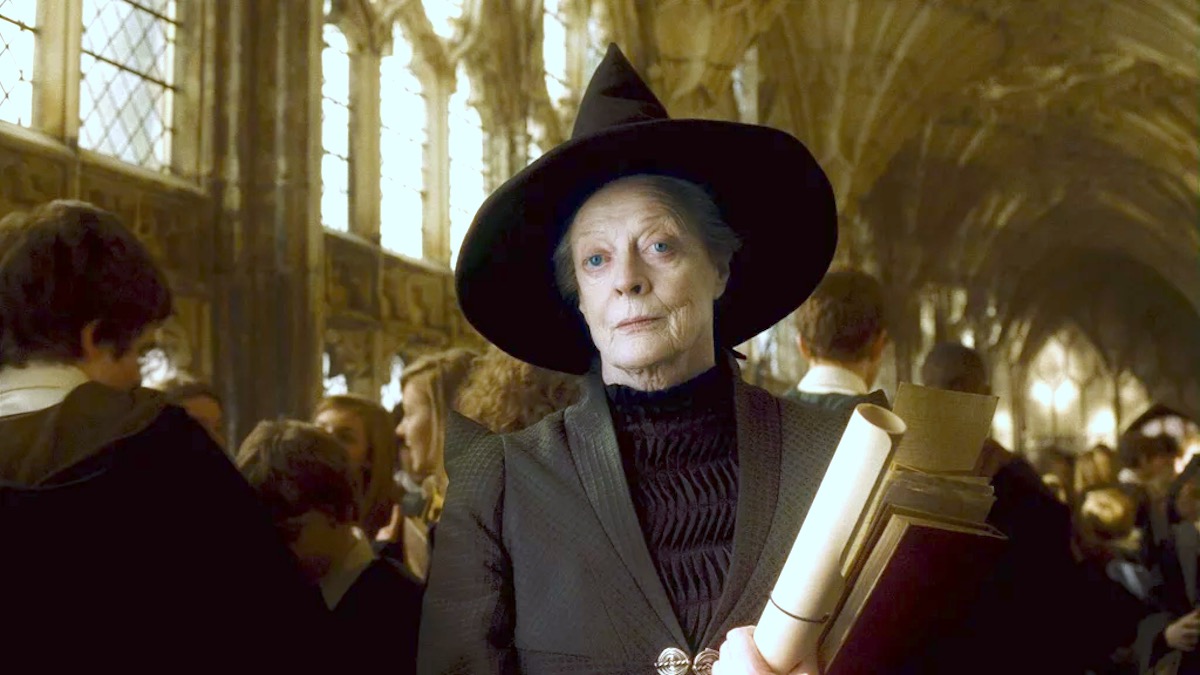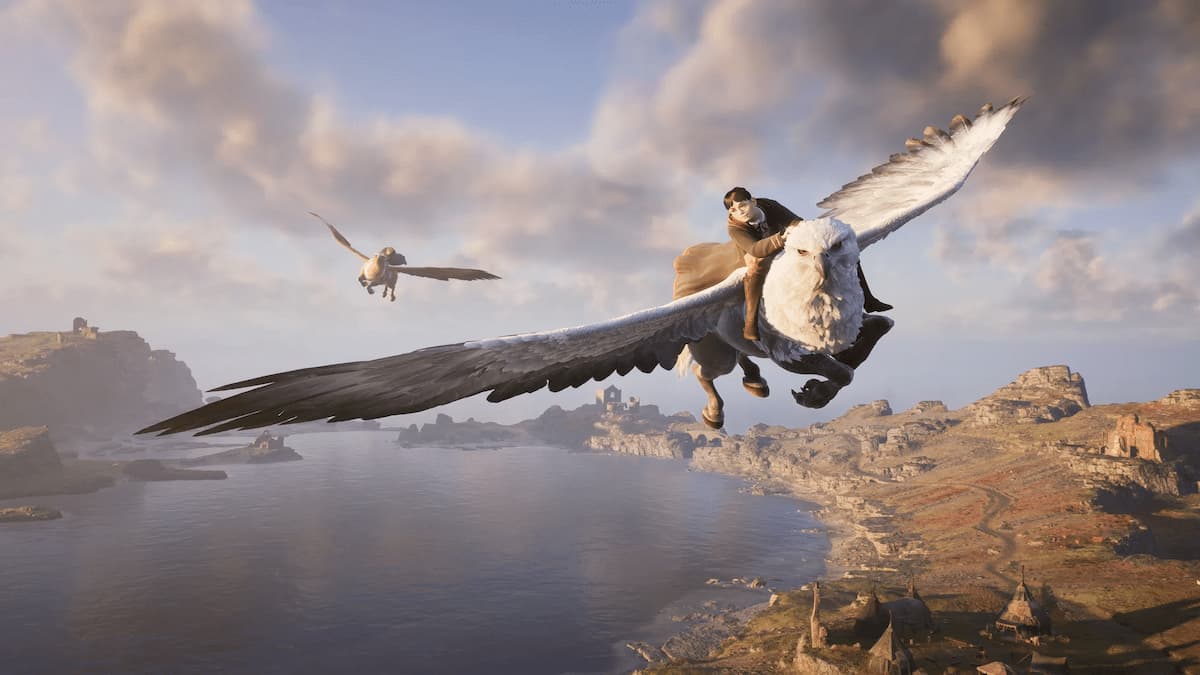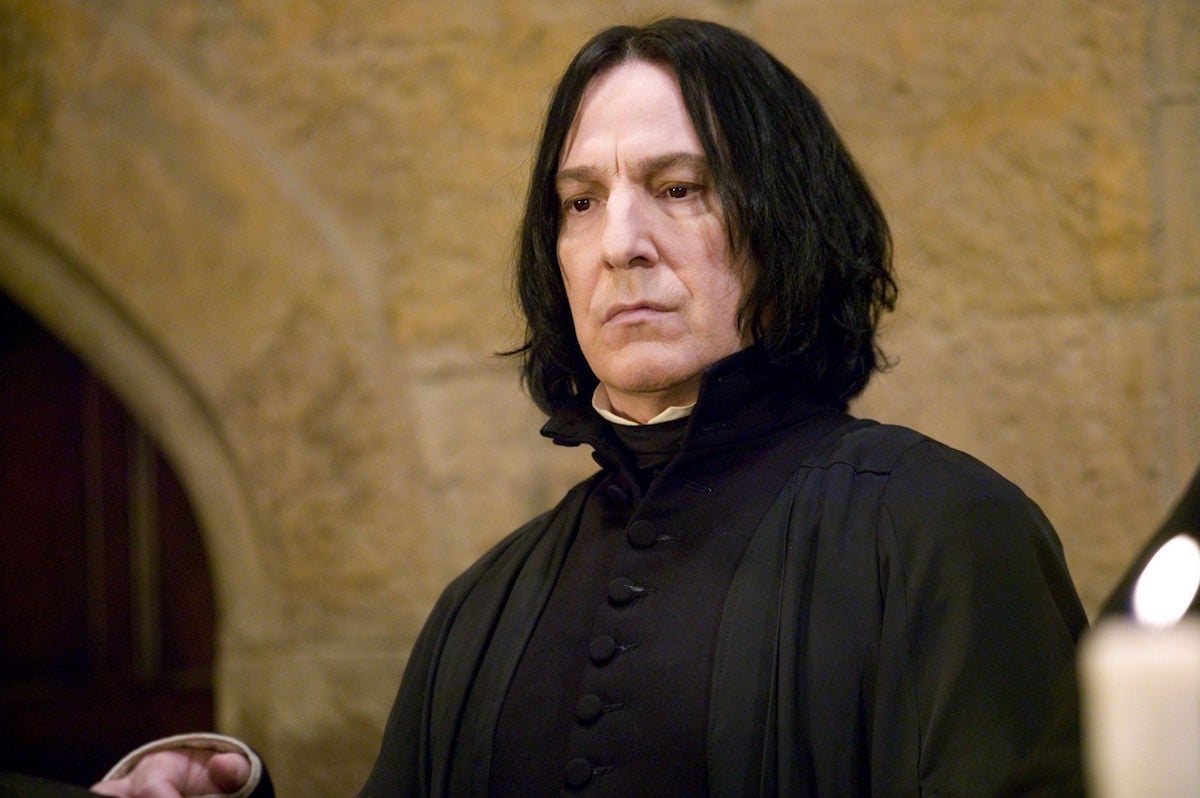I Can’t Help But Wonder: Who Is This New ‘Harry Potter’ Show Even FOR?

It’s safe to say that news that Max was working on a new adaptation of the Harry Potter books, this time in television show format rather than movies, left a good number of eyebrows raised.
After all, the last movie of the franchise, Harry Potter and the Deathly Hallows: Part 2, was released in 2011—and while it’s a sadly known fact that Hollywood is turning more and more towards remakes and sequels and prequels rather than original ideas, thirteen years is entirely too short of a time to warrant a new take on a very popular, successful movie version of the books.
That’s especially true when said popular story, whose main beats are known to pretty much anyone with an Internet connection, comes with an extremely problematic author attached to it. And there’s no getting around it.
There’s no Harry Potter without J.K. Rowling, a proud transphobe and repeated offender even after several people—including the actors portraying her story’s main characters—stated that going after a group of people that are already subject to harassment, hate, and violence is not exactly the best use of her considerable wealth and social power.
Still, J.K. Rowling has never relented—not in her transphobic stances and not in her iron grip on the Harry Potter franchise, so much so that a January 2024 Deadline report states that she is going to be heavily involved in this new show, serving as an executive producer.
On the one hand, that’s another reminder that any money spent on anything Harry Potter will find its way back to Rowling and her hateful policies, so it would really be better to stay away from it. On the other, it really got me thinking: Who exactly does Max believe the target audience for this show is?
The mid to younger half of millennials—the latter of which I am part of—were the core readers of the Harry Potter books when they were coming out and also a good chunk of the people who were filling theatre seats for any new movie release. I have no problem admitting that Harry Potter had a major role in my formative years and that I cherish some of its characters dearly, as well as the fact that it served as one of my earliest introductions to fandom life.
Then again, I am also perfectly capable of separating my love for the fictional Hermione Granger, the Weasley twins, and the Marauders from real-life harm coming to real-life people. And I know so many people who have distanced themselves from the saga just like I did—even though the undeniable success of the Hogwarts Legacy video game suggests that it’s not a stance shared by everyone.

I also can’t imagine Gen Z would make an eager audience for a show that is supposedly going to be more faithful to the original books and so adapt riveting storylines like “Hermione is actually wrong for wanting to free the house elves, who are happy to be slaves” that only a real-life combo of Dolores Umbridge and Petunia Dursley could come up with.
Most of the Gen Z fans that I know live firmly in fandomland, where the world of Harry Potter is much more diverse and infinitely more queer than anything Rowling could ever create. The Marauders fandom has taken on a life of its own, with so much content and so many established and beloved headcanons and fanfictions that rival the original books’ length—and are actually better written.
I can’t imagine that people who spend most of their fandom time reading about Remus Lupin and Sirius Black—or its more recent but still very popular companion ship, Regulus Black and James Potter—would be much interested in new official content where the only confirmed queer character is a retcon.

And even if people end up watching the show—and some definitely will, let’s not kid ourselves about it—then there comes the question of whether a phenomenon like Harry Potter can be recreated. The movie franchise is still very fresh in people’s minds, especially the ones who grew up with it, and so are the actors and actresses who made their appearances in it.
Can the trio be played by different actors when Daniel Radcliffe, Emma Watson, and Rupert Grint still have the same faces they had when they were running around Hogwarts? Can iconic performances like Alan Rickman’s as Severus Snape, Imelda Staunton’s as Dolores Umbridge, Maggie Smith’s as Minerva McGonagall, and Robbie Coltrane’s as Rubeus Hagrid be somewhat recreated? Can such a visually striking character like Ralph Fiennes’ Lord Voldemort be remade without it looking like a knockoff?

I personally don’t really believe it, even though once again, even heaps of criticism towards any and all aspects of this new show whenever it’s released could still be considered publicity and count as a net win for Max. Still, I suppose that only leaves young children as the target audience—those who would be of the same age as the characters when the show actually airs in the same way that the original readers of the books were tweens just like Harry, Ron, and Hermione, a sort of attempt to recreate that same zeitgeist of the late 1990s to early 2010s.
Of course, I don’t think they will manage it—zeitgeists usually happen organically and don’t take as well when they’re being force-fed on people, which doesn’t really make them zeitgeists at all. Still, I guess we’ll have to wait and see how things go. Maybe we’ll luck out and Max will axe the whole thing so we’ll never have to think about it again.
(featured image: Warner Bros)
Have a tip we should know? [email protected]